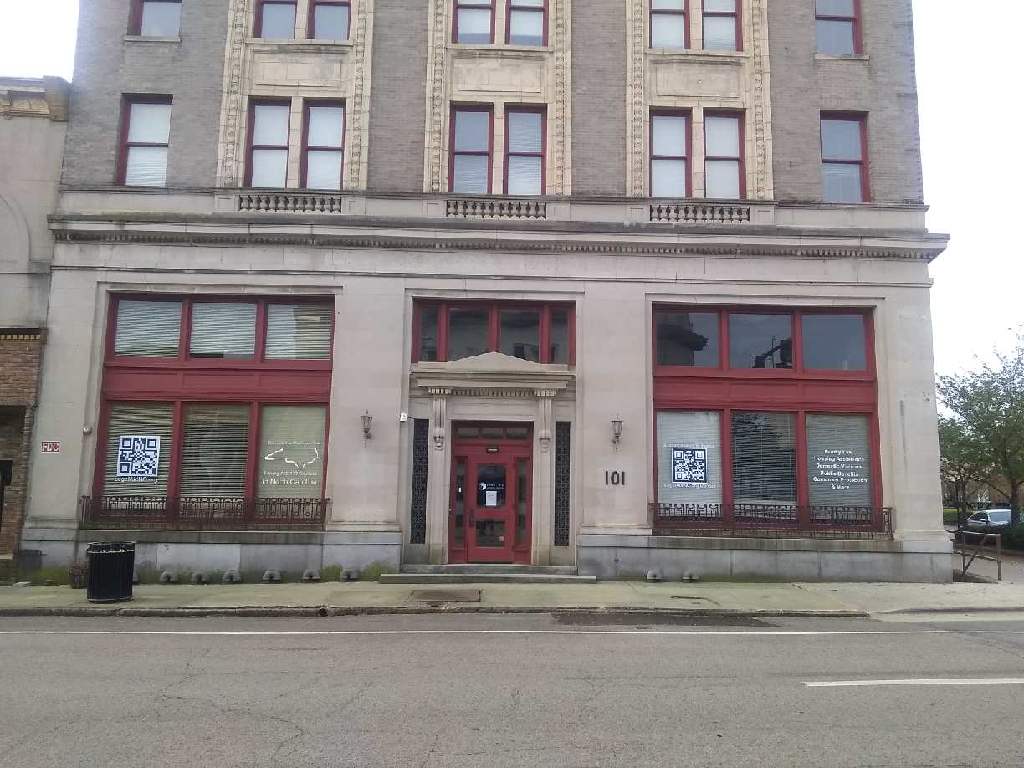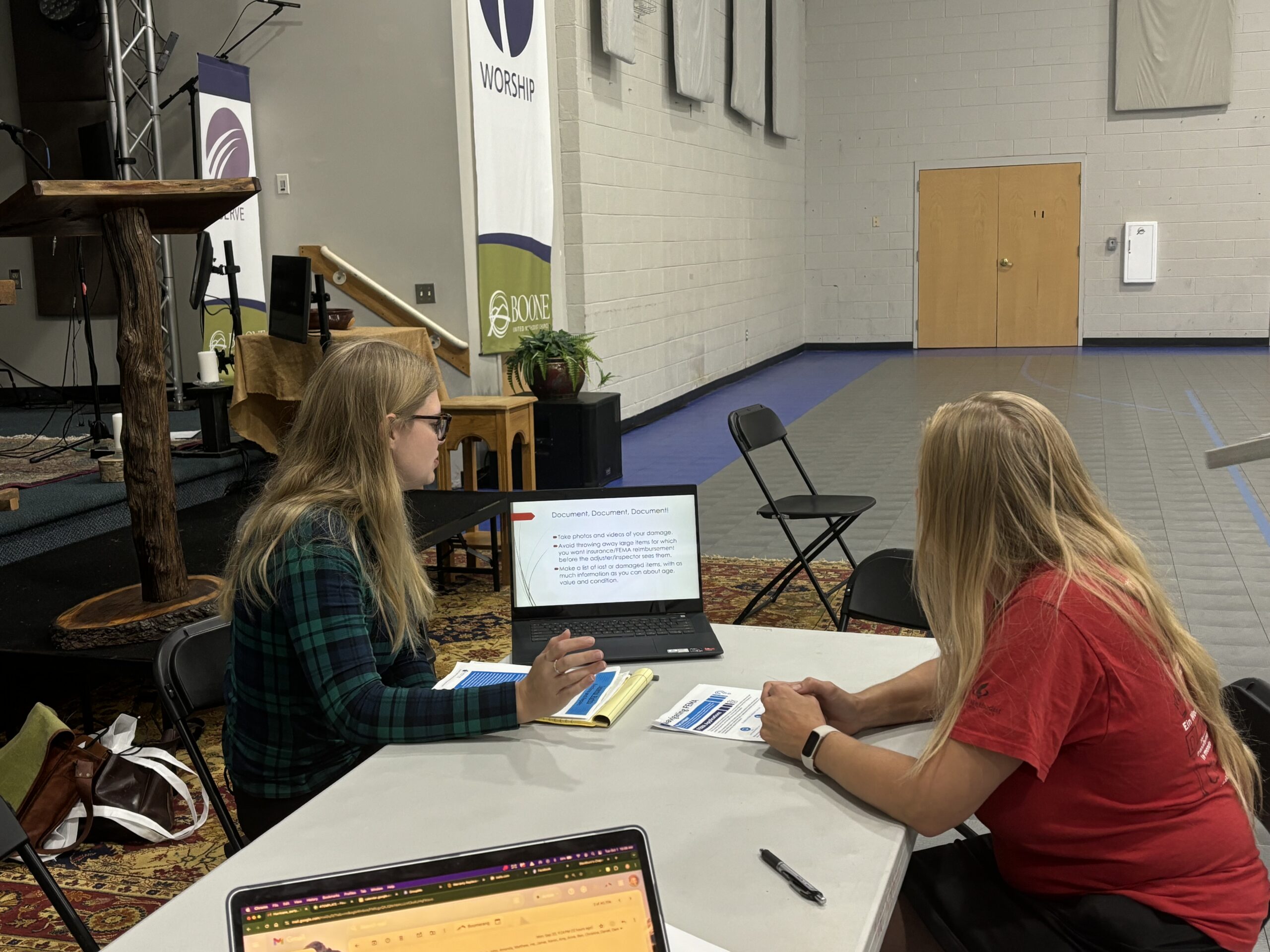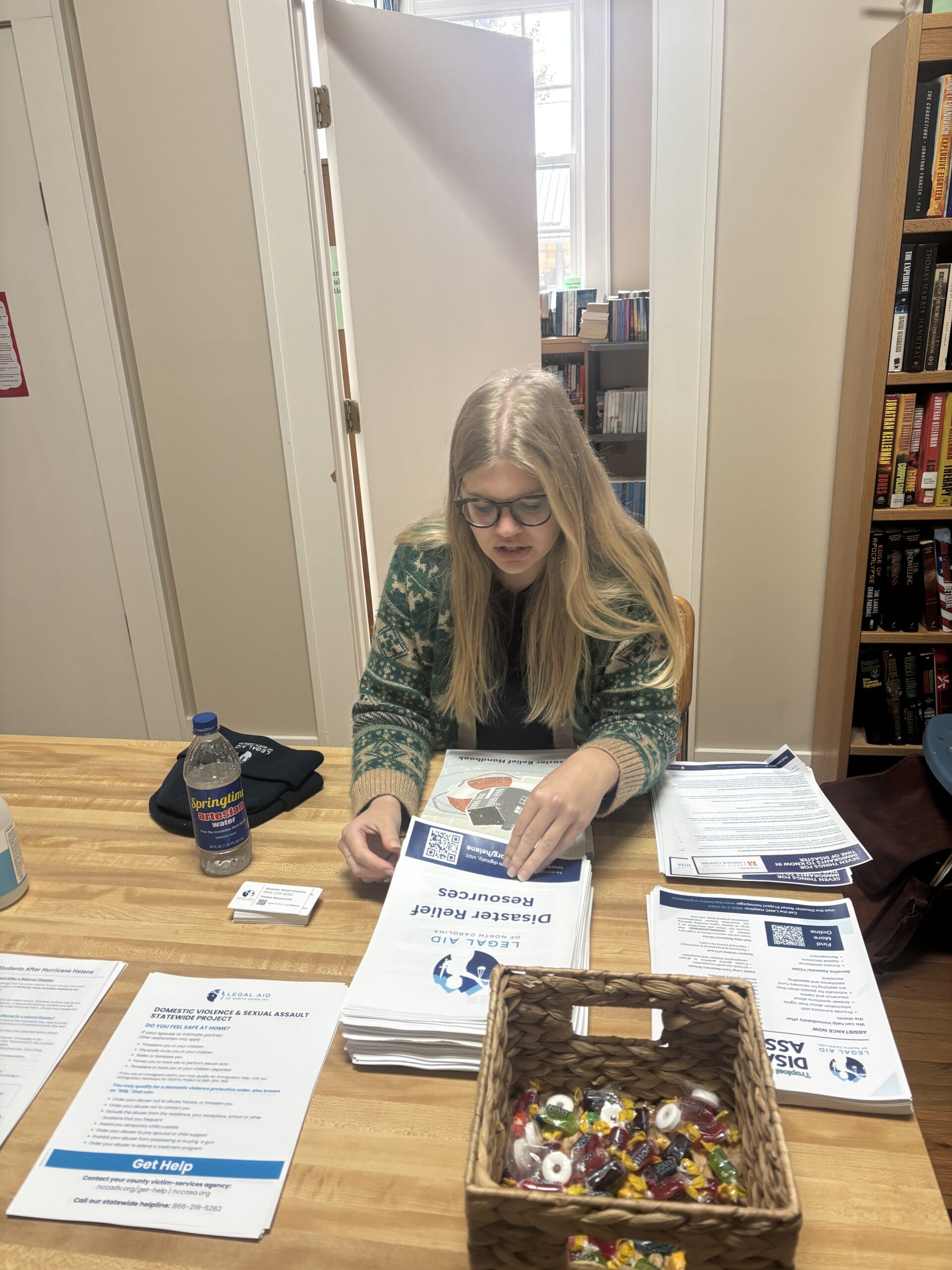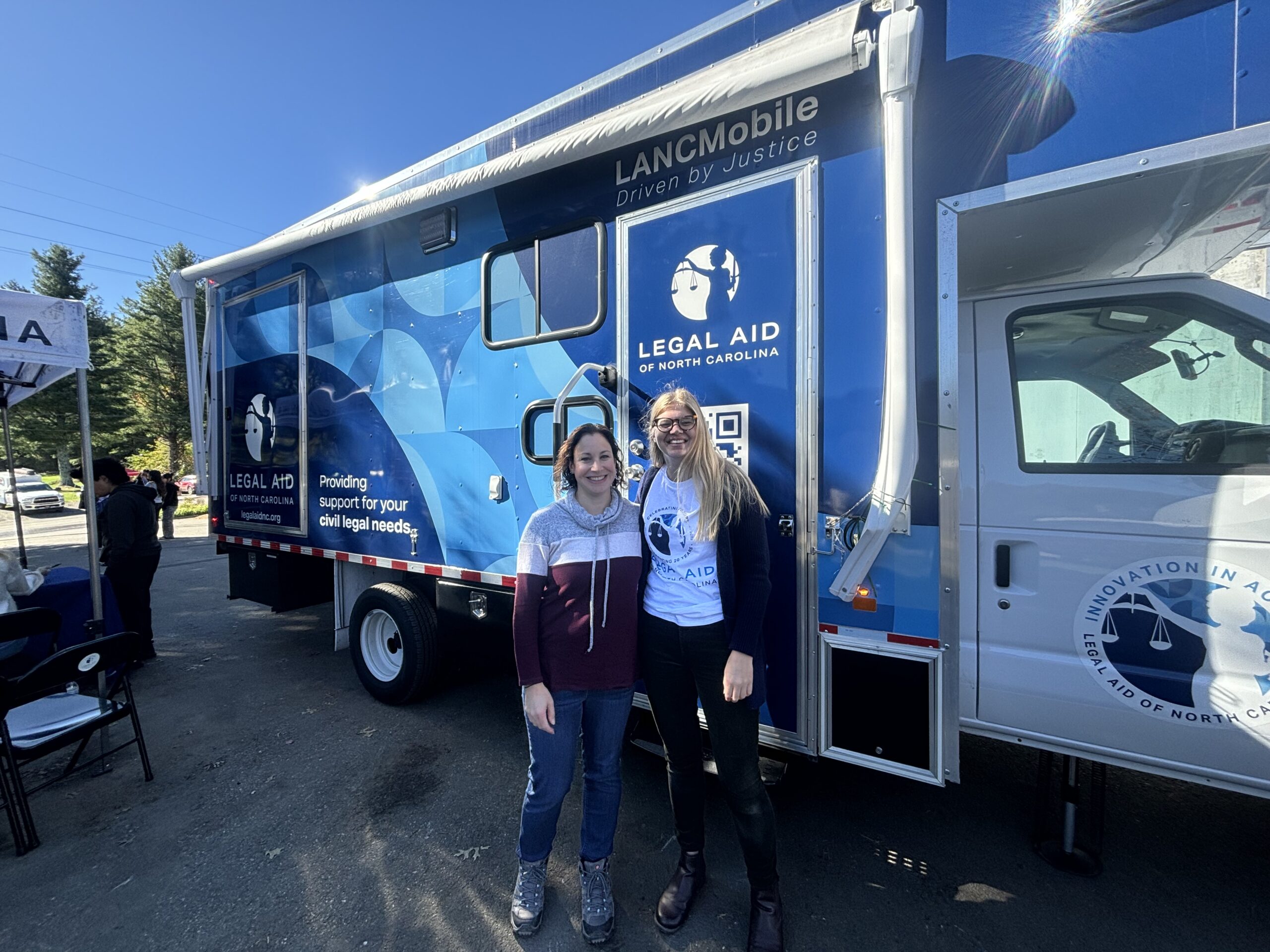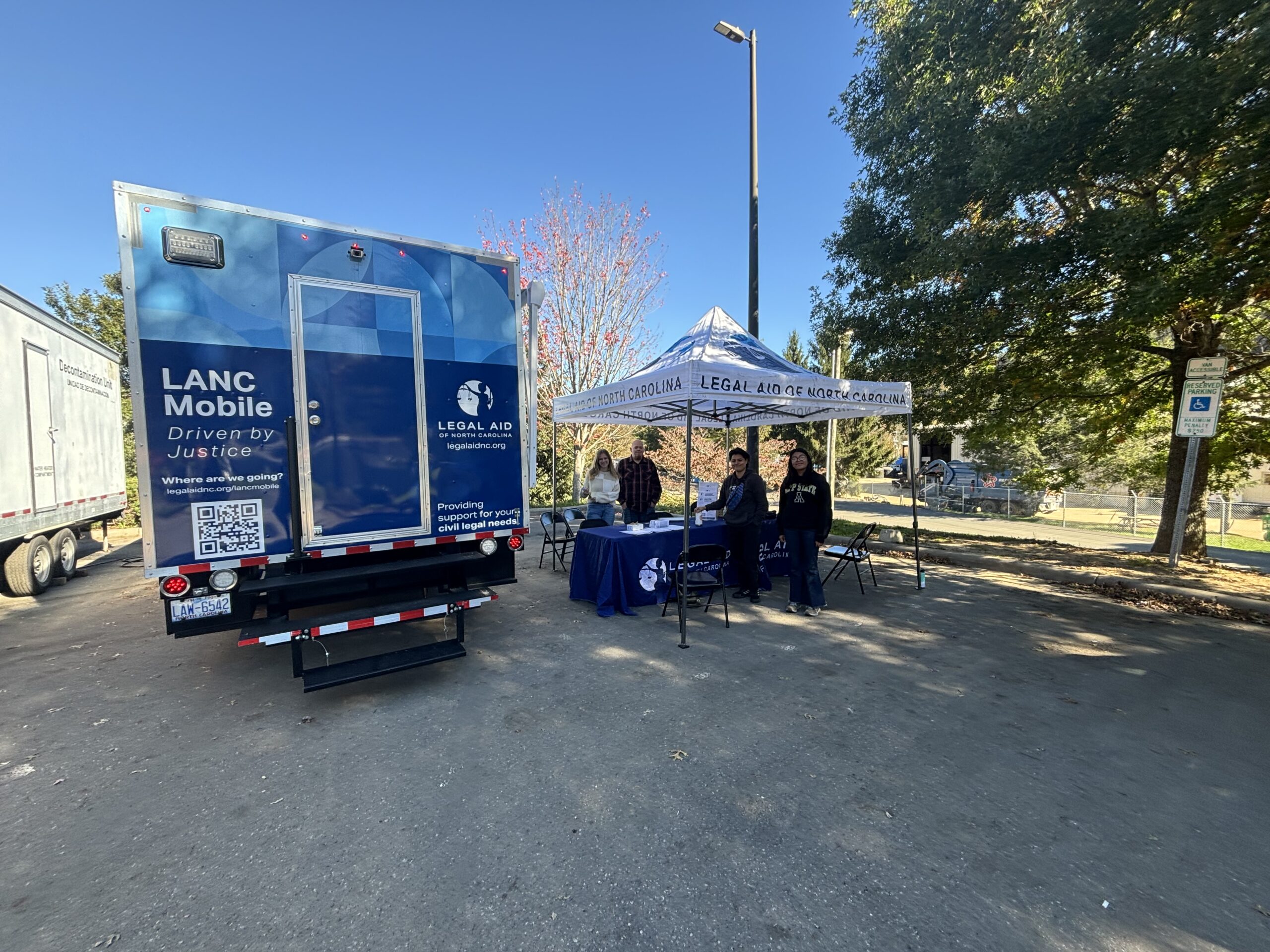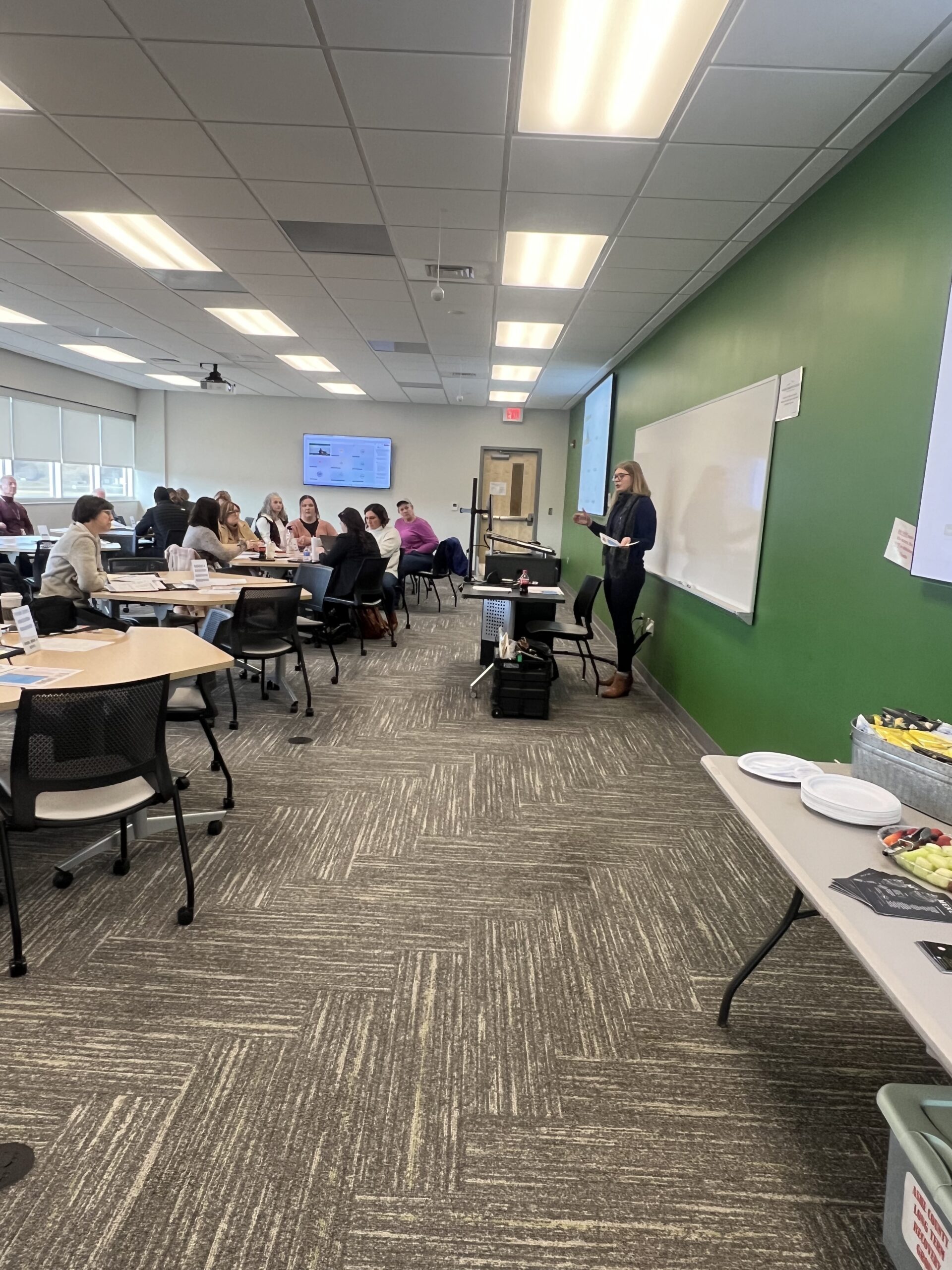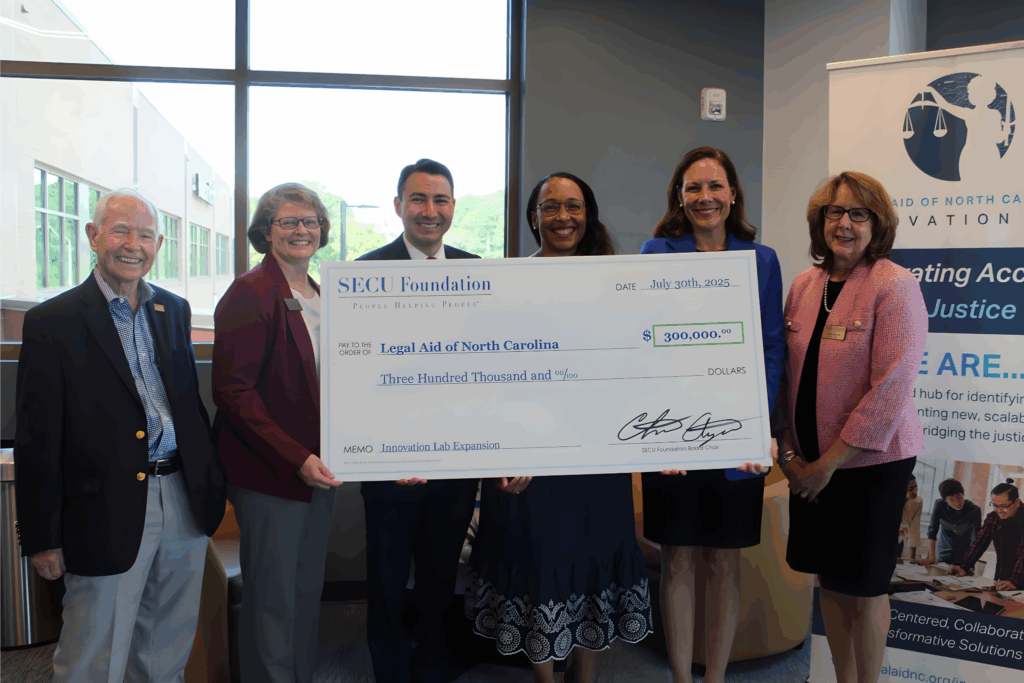
Legal Aid of North Carolina (LANC) announced yesterday a $300,000 grant from the SECU Foundation to support its Innovation Lab. The grant was celebrated with a check presentation and a tour of LANC’s new Raleigh office and Innovation Lab space at Beacon Point.
ANC’s Innovation Lab is the first of its kind in the civil legal services field and is focused on modernizing how legal services are delivered to low-income North Carolinians. The SECU Foundation’s support will help expand services across the state, especially in rural and underserved communities, using technology, data-driven decision-making and community partnerships.
“The Innovation Lab represents a bold new vision for legal aid, and we are honored to have the support of the SECU Foundation to help bring it to life,” said Ashley Campbell, CEO of LANC. “This funding will allow us to invest in cutting-edge tools, strengthen rural outreach and increase our capacity to serve the more than 2 million North Carolinians who qualify for our services but too often go without help.”
The Innovation Lab is already leading several transformative initiatives. These include the creation of an AI-powered legal information assistant; an updated and more accessible online application; a mobile intake unit to serve rural counties; and partnerships with libraries and community-based organizations to expand access to legal support and information.
“Access to justice should not depend on where you live or how much money you make,” said Scheree Gilchrist, chief innovation officer at LANC. “This partnership with SECU Foundation is a major step toward building a more inclusive, responsive legal system that truly meets people where they are.”
Civil legal needs in North Carolina are widespread and growing. More than 71% of low-income residents experience at least one civil legal problem annually, often involving housing, health care, domestic violence or veterans’ benefits. Yet there is only one legal aid attorney for every 8,000 low-income North Carolinians, compared with one private attorney for every 367 residents. LANC’s Innovation Lab is working to close this justice gap and reach those who have historically been left behind.
LANC, the largest nonprofit law firm in the state, serves all 100 counties. In 2023, the organization handled more than 25,000 cases and generated more than $23 million in financial benefits for its clients.
The SECU Foundation’s investment in the Innovation Lab reflects a shared commitment to improving lives, expanding opportunity and building stronger communities across North Carolina.
###
About Legal Aid of North Carolina
Legal Aid of North Carolina is a statewide, nonprofit law firm that provides free legal services in civil matters to low-income people to ensure equal access to justice and remove legal barriers to economic opportunity. With offices across the state, Legal Aid of North Carolina serves all 100 counties and focuses on issues affecting housing, domestic violence, education, employment, public benefits, and more. Learn more at www.legalaidnc.org.
About SECU and SECU Foundation
A not-for-profit financial cooperative owned by its members, and federally insured by the National Credit Union Administration (NCUA), SECU has been providing employees of the state of North Carolina and their families with consumer financial services for 88 years. SECU is the second largest credit union in the United States with $55 billion in assets. It serves more than 2.8 million members through 275 branch offices, 1,100 ATMs, Member Services Support via phone, www.ncsecu.org, and the SECU Mobile App. The SECU Foundation, a 501(c)(3) charitable organization funded by the contributions of SECU members, promotes local community development in North Carolina primarily through high-impact projects in the areas of housing, education, healthcare, and human services. Since 2004, SECU Foundation has made a collective financial commitment of over $300 million for initiatives to benefit North Carolinians statewide.

